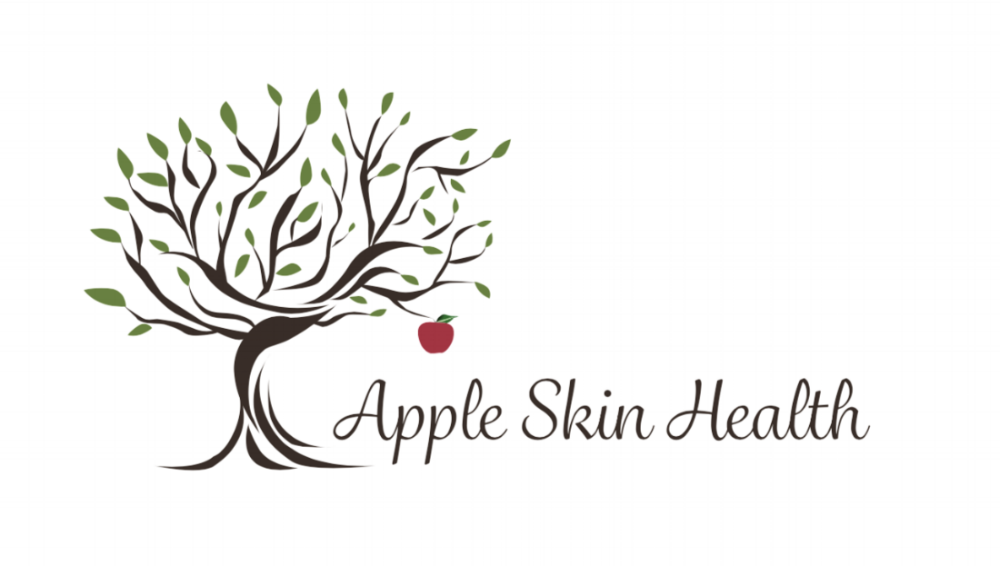I have always been fascinated by how health and illness are dealt with by different health systems and cultures. As a dermatology resident, I traveled to India, Nepal and China to learn more about health care in these regions. In each country, I had opportunities to visit traditional hospitals and pharmacies as well as westernized facilities. The ways traditional and modern approaches to health were combined in these countries fascinated me, and I became more curious about other ways of healing.
After finishing my Dermatology residency at the University of Wisconsin, I completed a fellowship in Integrative Medicine through the University of Arizona. Since then, my clinical practice has focused on combining general dermatology care with the philosophies and tools of integrative medicine. In 2015, when the American Board of Integrative Medicine (ABOIM) was approved, I took the certifying exam and now serve as a member of the ABOIM. I currently see patients in an academic setting and have the opportunity to work with both dermatology residents and integrative medicine fellows.
While the field of integrative medicine is growing, not everyone is familiar with this term. My explanation is that integrative medicine combines mainstream western medical approaches to health care with modalities from other health systems which have evidence that support safety and efficacy. Within this area, I am particularly drawn to how lifestyle choices impact skin health and disease.
I have always felt that the most powerful role a physician can play is as an educator and guide, empowering people to get healthy and stay healthy. Our bodies want to be in a healthy state and given the right support, will return to a health equilibrium. As a physician, I am often called a Health Care Provider. This term bothers me. I am a health care provider for myself and for my family. Each and every one of us is responsible for taking care of our own health. What I have to offer is access to information and tools that can help people provide better care for their own health. Disease prevention and health maintenance are vital to leading an optimal life—without physical health, it is difficult to thrive in any other area.
A couple of years ago, I had the opportunity to work in a variety of media settings providing basic education to the general public. To my surprise, I fell in love with my work in radio, television and public speaking. I realized that I could reach many more people in a shorter amount of time. I also realized that I could use these platforms to offer clear and accurate information that could potentially help people get on the right skin care path before they even see their dermatologist. In some cases, a doctors visit might not even be necessary, and in others, the information could increase the efficiency of an appointment. This is especially important given the fact that many people have to wait a long time to see a dermatology provider, and the direct out of pocket cost for health care continues to increase.
In the space of my developing passion for general education and prevention and the tumultuous changes occurring in health care, I began to envision an educational website focusing on an online video dictionary covering basic aspects for several of the common skin conditions many people struggle with regularly. The idea for Apple Skin Health was born.
As I spent time thinking about how and why I would build Apple Skin Health, it became clear to me that my overriding purpose is to ease suffering. I focused more acutely on how and where that suffering shows up in my professional life, and it became evident to me that hair loss/hair thinning are major sources of suffering for many of the people I see in my clinical practice. After several weeks of seeing a larger than usual number of men and women struggling with hair loss, I got more curious about how I could best serve this group of people, and the idea for my upcoming hair project began to take shape. Over many months, I thought about how I could bring awareness to this issue and empower people to make the best choices for themselves about how to navigate options for addressing hair loss and thinning.
While hair loss is not the primary focus of my career or for Apple Skin Health, I have decided to go ahead with this project as I continue to build other aspects of Apple Skin Health. I am sharing this because I want you to know that while I will be diving deep into the topic of hair loss, Apple Skin Health is about helping people achieve optimal skin health. In the future, I will be addressing a wide variety of other topics—some of which may hit closer to home for you. In the upcoming days, I will share more about my hair loss project, so stay tuned!
Warmly,
Apple Bodemer, MD




